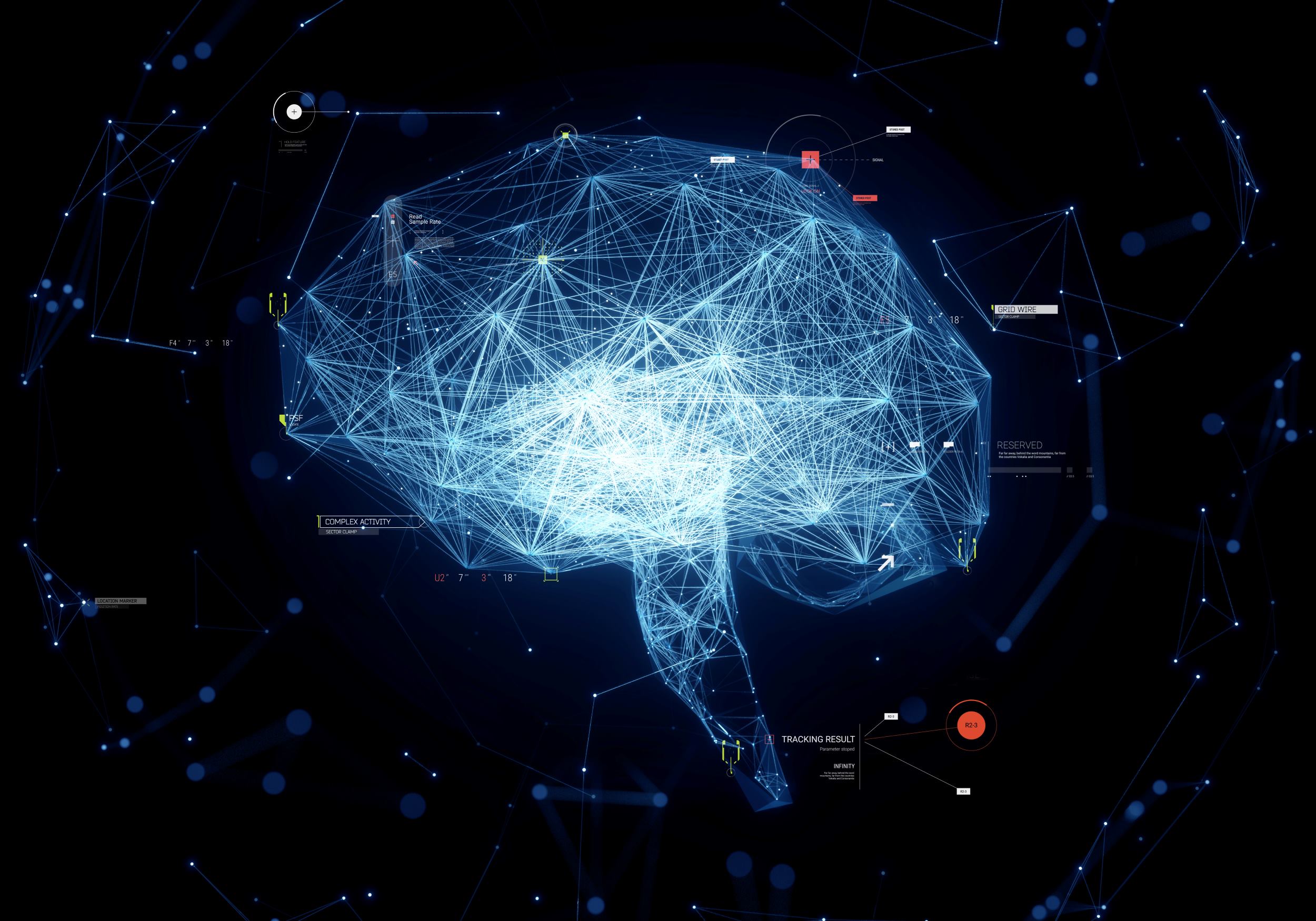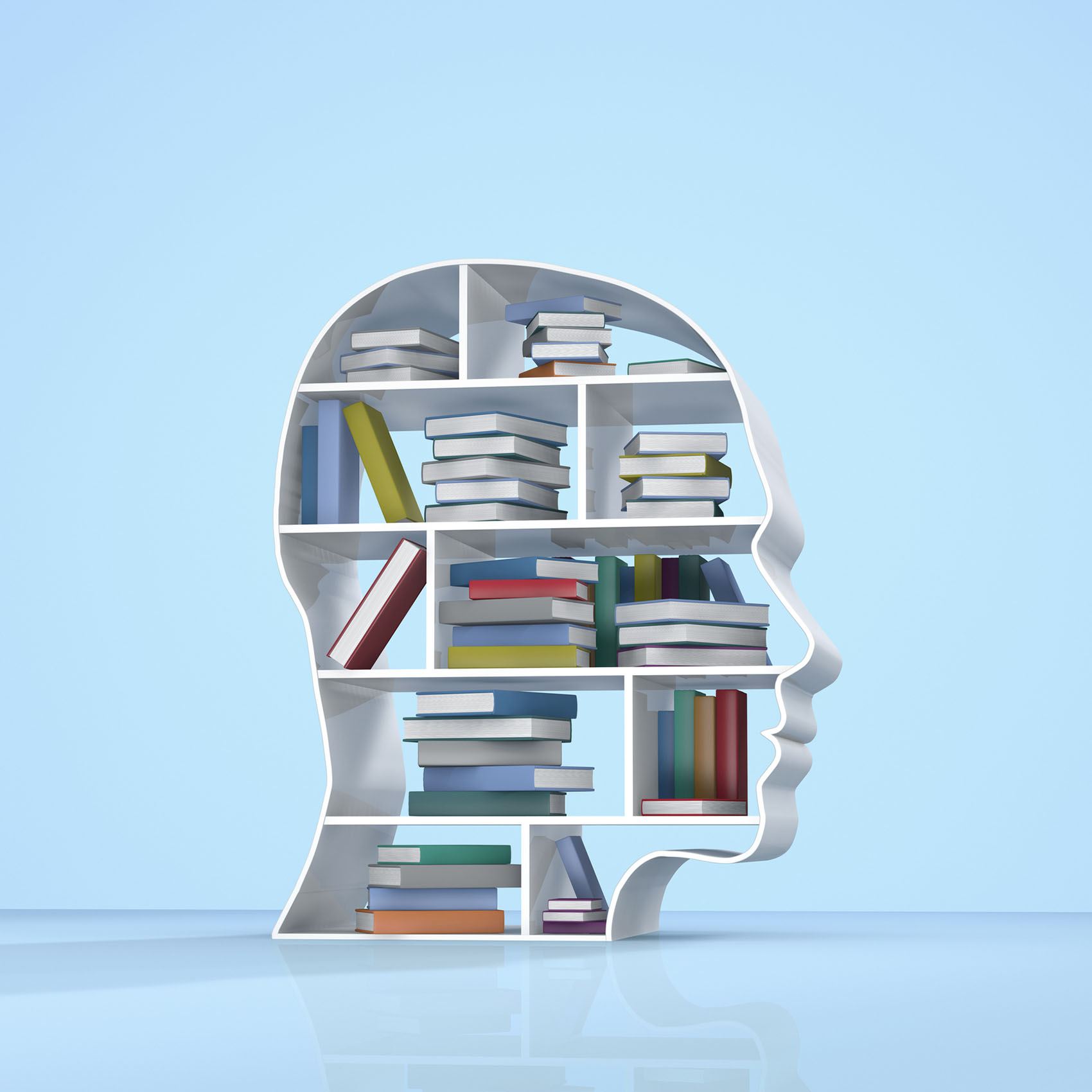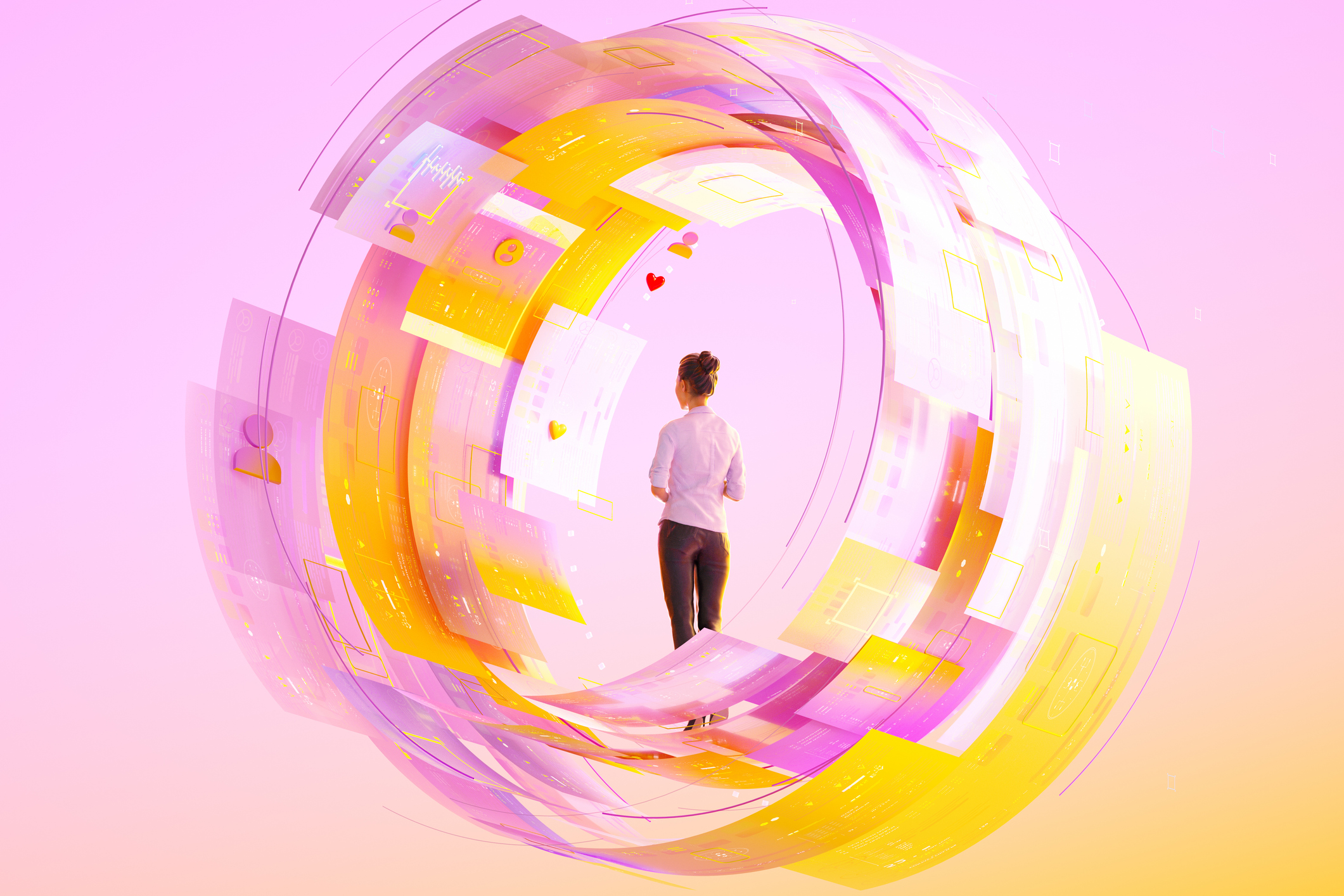
By Lee Reams II, Founder, CountingWorks PRO
I remember the first time someone told me AI would replace experts...
It was at a conference about a decade ago. I had just published a piece in Forbes predicting how automation would reshape, not replace, professional expertise.
A fellow panelist laughed and said, “Yeah, good luck with that — in ten years, algorithms will do your job.”
Ten years later… here we are.
AI is writing drafts, summarizing case law, crunching numbers, and spitting out marketing copy. It’s fast, impressive, and (let’s be honest) occasionally terrifying.
But there’s one thing it hasn’t done — and won’t:
It hasn’t replaced human judgment.
It hasn’t replaced empathy.
It hasn’t replaced that gut feeling you’ve built over decades of solving real problems for real people.
So no, the knowledge economy isn’t dying.
It’s getting smarter — and the humans who adapt will dominate the next decade.
⚡ “AI doesn’t replace expertise. It replaces inefficiency.”

The Myth of the Dying Knowledge Economy
Every major innovation in history came with a funeral announcement for human work.
The printing press was supposed to destroy storytelling.
Spreadsheets were supposed to end accounting.
TurboTax was supposed to end tax preparation.
Yet here we are — more storytellers, more accountants, more advisors than ever.
According to McKinsey, AI could automate up to 30% of knowledge work tasks by 2030, but that same shift could boost global productivity by $4.4 trillion.
Translation?
Automation doesn’t erase expertise… it amplifies it.
Automation isn’t erasing work. It’s erasing average work.
Prediction Isn’t Intuition
Let’s be real — AI isn’t conscious. It’s predictive.
That’s a crucial distinction most headlines skip.
AI doesn’t think. It calculates. It takes the sum of human expression and predicts what’s likely next.
But what happens when what’s next doesn’t exist yet?
When the client sitting across from you is crying because their partner just died...
When a business owner is about to lose everything unless you can find a creative way through the tax code...
No model — no matter how many tokens it’s trained on — can replicate that kind of human connection or judgment.
📊 Stat Box:
80% of professionals say they’d rather trust a human expert over AI for complex financial or legal decisions (Pew Research).
70% of clients in advisory services cite trust as their top reason for hiring a professional, not speed or cost.
AI is extraordinary at prediction... but intuition is earned through experience.
It’s the product of thousands of small wins, mistakes, risks, and conversations.
That’s your moat.
AI can’t replicate life experience.
The Rise of the Human-in-the-Loop Expert
This is the part where people get it wrong.
They imagine AI as a replacement model. In reality, it’s a relay race.
AI runs the first lap — the data gathering, the summaries, the first draft.
Then you grab the baton and deliver the insight, the synthesis, the empathy.
This model — the human-in-the-loop approach — is the new productivity frontier.
In finance, advisors using automation are scaling client loads without sacrificing personalization.
In accounting, platforms like CountingWorks PRO are letting pros automate communication and onboarding so they can focus on strategy, not paperwork.
In legal and consulting, AI is reducing research time by 80%, giving experts more time to think creatively.
The next great divide isn’t humans vs. machines... it’s humans with machines vs. humans without them.
Cross-Industry Proof
Let’s zoom out for a second.
Finance
CFPs using AI-driven modeling tools are forecasting client outcomes faster than ever — but the ones winning clients aren’t the ones with the best software. They’re the ones who can explain the story behind the numbers.
Legal
AI can read case law at lightning speed, but it can’t interpret intent. Lawyers still win by human persuasion — by weaving facts into a narrative juries can feel.
Healthcare
AI diagnostics are catching diseases earlier, but patients don’t want a robot’s bedside manner. They want reassurance from a doctor who understands fear.
Education & Coaching
AI can grade, generate quizzes, even write essays — but the magic of a teacher or coach is in belief-building. Machines don’t inspire. Humans do.
Each of these fields proves the same truth: AI doesn’t replace authority. It extends it.
📊 Stat Box:
90% of companies adopting AI report increased demand for human judgment in final decision-making (Source: PwC Future of Work Report 2024).
76% of executives say AI is augmenting roles, not eliminating them (WEF, 2023).

The Opportunity Decade: 2025–2035
Here’s the contrarian view no one’s talking about...
The 2020s won’t be remembered as the decade AI killed jobs.
They’ll be remembered as the decade humans redefined what their jobs mean.
Professionals who embrace automation as leverage — not competition — will dominate the next era of consulting, advising, and education.
Five-year forecast:
- Advisors who adopt AI for repetitive work see 2–3x client throughput.
- Firms that combine AI insights with human strategy earn higher retention rates.
- “Hybrid experts” become the new premium tier in the market.
Ten-year forecast:
- Knowledge-based firms evolve into micro-agencies of trusted intelligence.
- Clients stop paying for hours and start paying for outcomes.
- The human brand becomes the premium differentiator in an automated world.
In the age of automation, being human is your competitive advantage.
How Experts Can Win Right Now
Let’s make it practical.
Here’s how knowledge professionals — from accountants to consultants to educators — can adapt fast:
1. Audit your tasks
Write down everything you do in a week.
Circle what’s repetitive.
That’s what AI can handle.
Everything else? That’s where your value lies.
2. Automate the routine
Leverage AI to handle intake forms, data categorization, scheduling, and client updates.
Time saved here becomes time reinvested into strategy and growth.
3. Rebuild your narrative
Your marketing shouldn’t say “We use AI.”
It should say “We use technology to deliver human clarity.”
Clients buy outcomes, not algorithms.
4. Teach your clients how to think about AI
This builds authority fast.
When you educate your audience about using automation wisely, they see you as a partner in progress — not a relic of the past.
5. Stay visible
AI-indexed search means your digital footprint is now part of the credibility equation.
The more you publish, teach, and show up online, the stronger your human signal becomes.
Human + Machine = The New Moat
If you think about it... we’ve always been cyborgs.
The moment you opened Excel in 1985, you became human + machine.
The only difference now is the interface — it talks back.
The real risk isn’t AI taking your job.
It’s another human who uses AI better than you taking your clients.
The experts who thrive from here are the ones who balance trust, technology, and time.
The future won’t belong to the smartest humans... it’ll belong to the most adaptive.
The Final Word
AI is the greatest amplification tool of our lifetime.
It can’t feel. It can’t dream. It can’t believe.
But it can help you scale those human superpowers like never before.
So don’t fear it.
Train it.
Direct it.
Shape it to work the way you think.
The knowledge economy isn’t dead...
It’s just getting smarter.
And the experts who embrace that — the humans in the loop — will lead the next decade of growth.
















.svg)